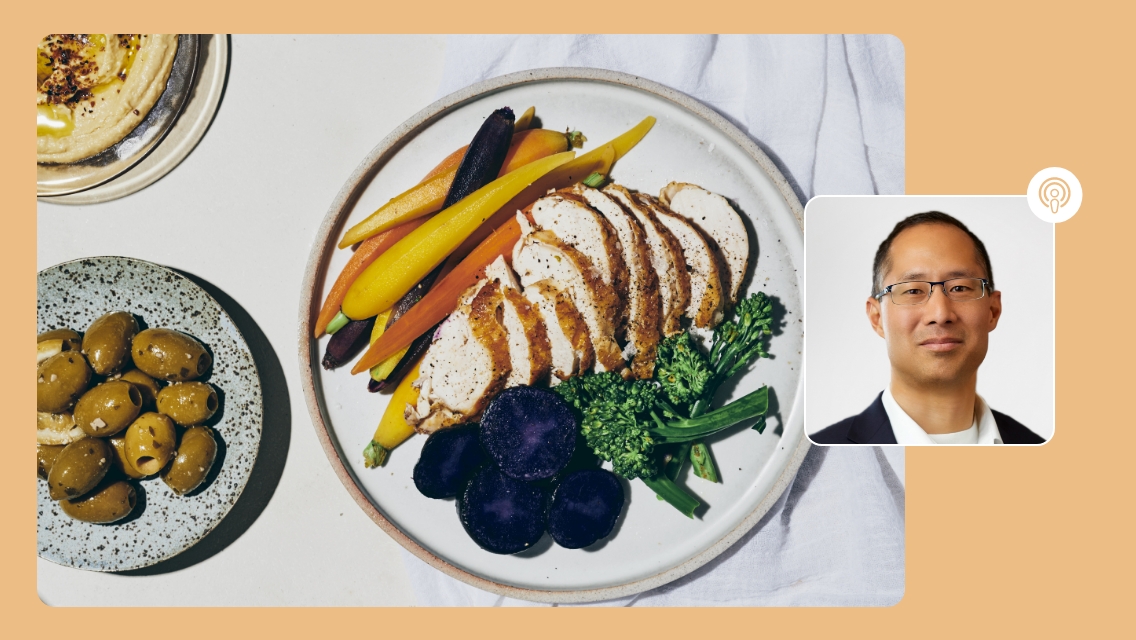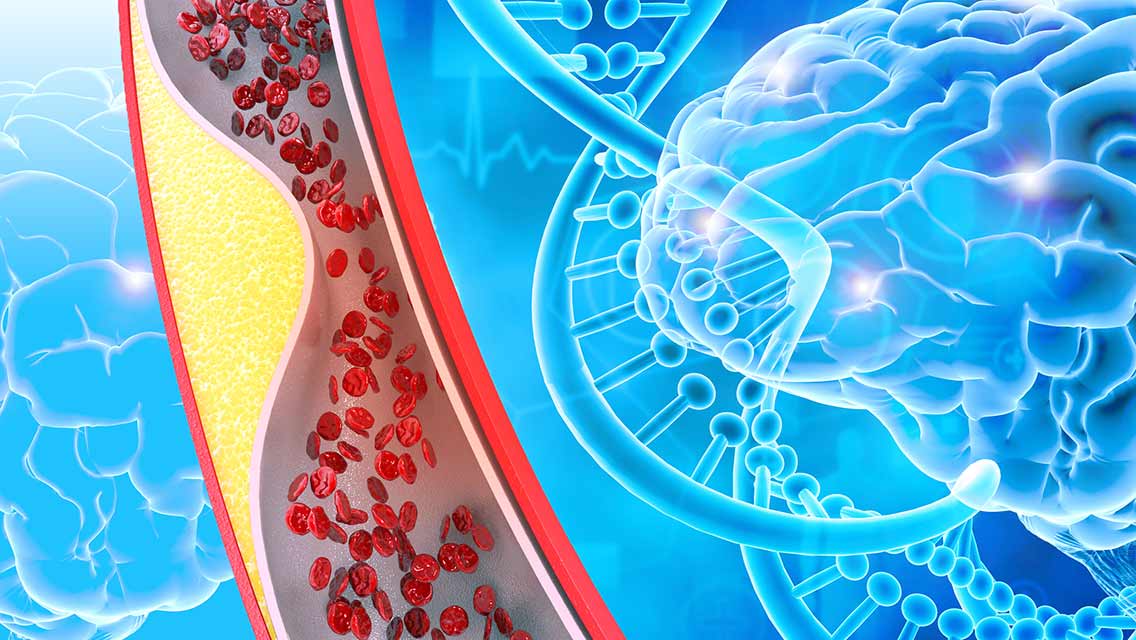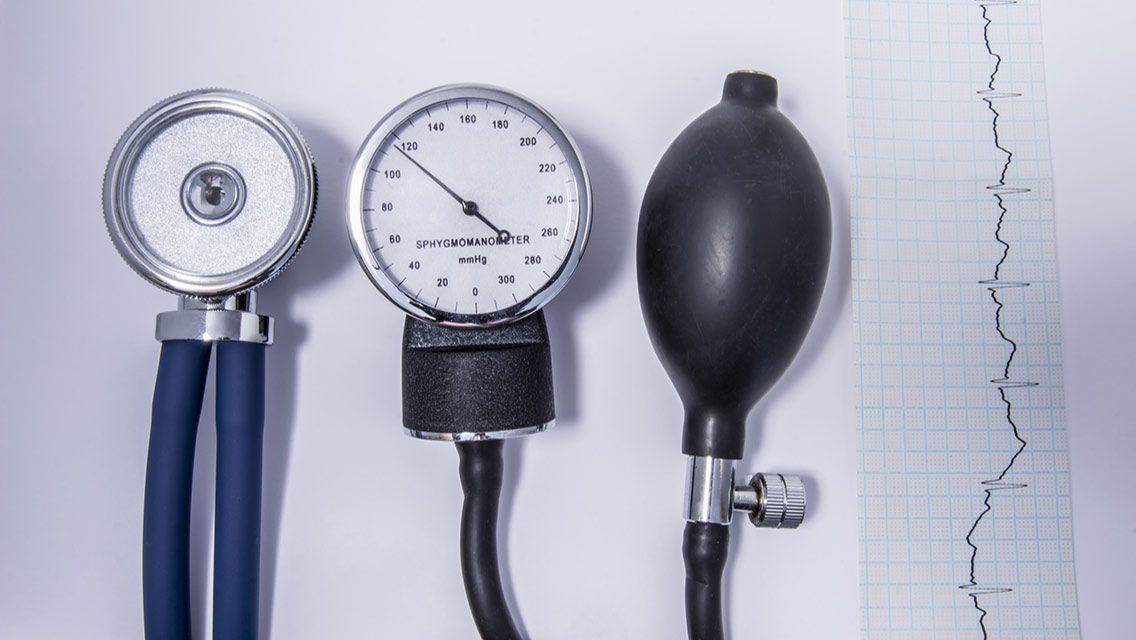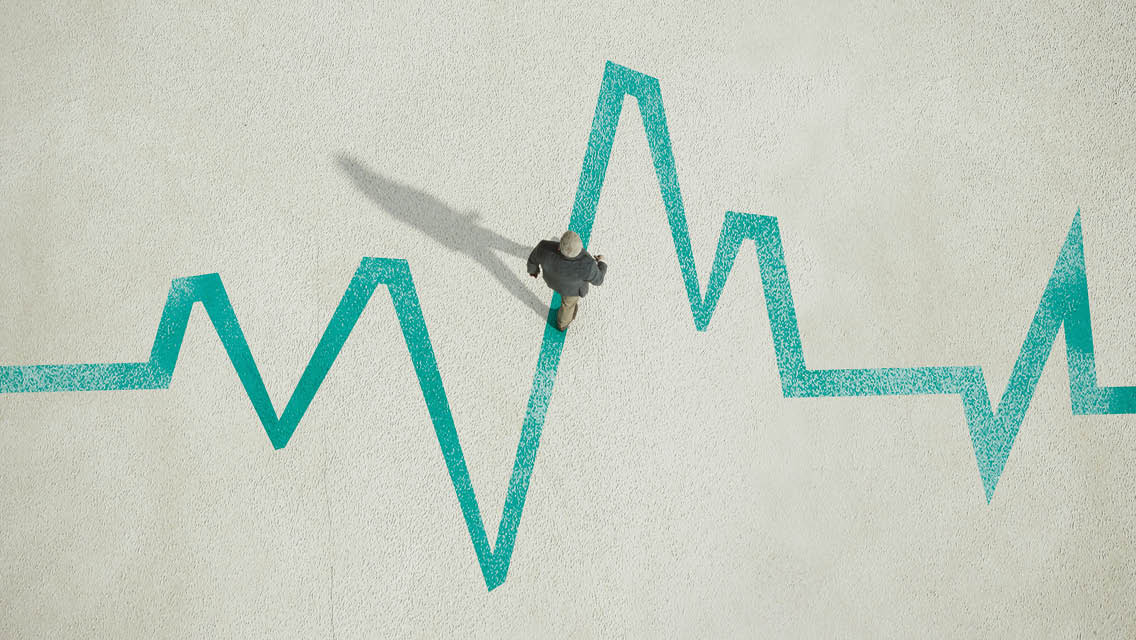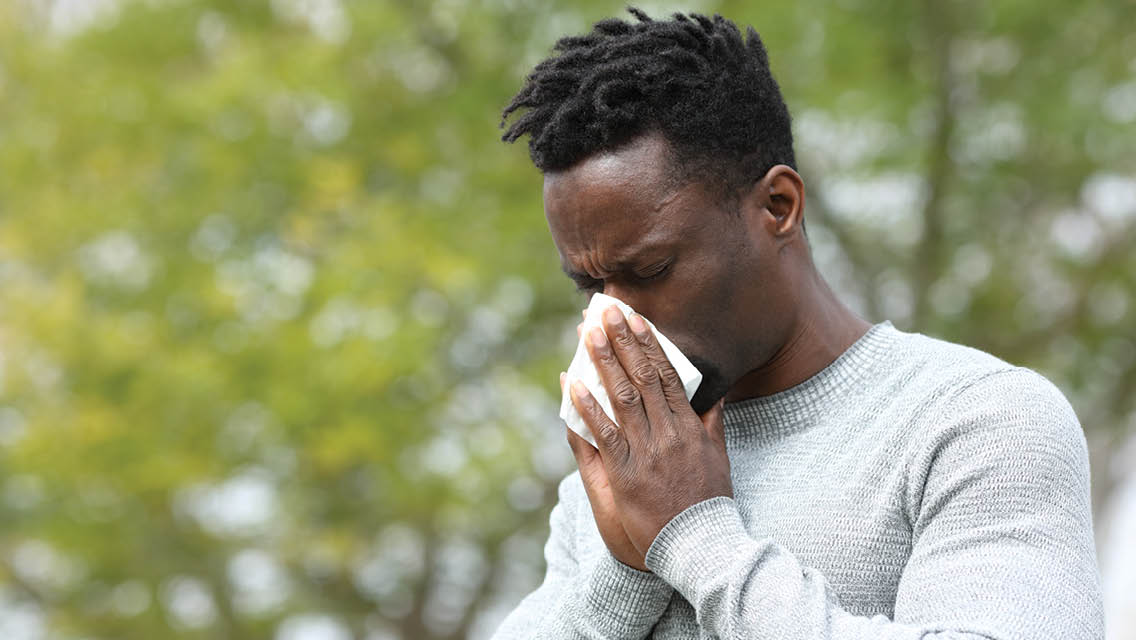Specific Health Conditions
LATEST STORIES
PUMPING IRONY: Still Clueless After All These Years
The scientific community continues to struggle to understand how to diagnose and treat long COVID, which can be especially hard on seniors. But some critics believe the answers are hidden in plain sight.
How to Keep Your Brain Healthy as You Age
Our brains age just like the rest of our bodies, and just like it’s important to care for our bodies so we can move functionally well for as long as possible, it’s also essential to do everything we can to maintain and support healthy brain function as the years pass by. With the current absence of effective treatment options for most neurological diseases, prevention really is the best treatment for them, and it’s never too early — or too late — to start. Edward Park, PhD, explains what to know about normal and abnormal brain aging, as well as the lifestyle strategies we have control over to support our brain health and help reduce the risk of decline and disease.
PUMPING IRONY: Puzzling Priorities
Medicare is prepared to pay as much as $5 billion a year to cover a new Alzheimer’s drug while ignoring the in-home care needs of seniors with dementia who live alone.
Be Your Own Best Health Advocate
A Lyme disease diagnosis and accompanying body-wide pain and debilitating fatigue led Ryan Sutter — firefighter, endurance athlete, and Bachelorette alum — to take action to find answers, treatment options, and a path toward wellness. In this episode, Sutter shares his health journey, as well as advice for pushing through challenge, fighting health obstacles, and advocating for your well-being.
Daymond John on Setting Goals, Leaving a Legacy, and Investing in His Health
The entrepreneur and Shark Tank investor shares his inspiring journey from growing up in Queens and launching his multi-billion-dollar streetwear brand FUBU to his recent life-changing cancer diagnosis.
PUMPING IRONY: Cholesterol: The Good, the Bad, and the Unpredictable
Cholesterol has long been known for its role in cardiovascular function, but new research suggests it may someday be put to work to hinder the development of Alzheimer’s.
Good News on the Cancer Front
Here are some positive highlights from the American Cancer Society.
Can Exercise Mitigate the Effects of Parkinson’s?
Bouts of high-intensity exercise may ease the effects of this common neurodegenerative disease, according to a recent study.
PUMPING IRONY: A Sudden Change of Heart
A “hypertensive crisis” flings me into the gaping maw of the conventional healthcare system, where I learn to accept its many foibles — and (sheepishly) embrace its pharmaceutical remedies.
Arrest and Recovery: Matthew Hurley’s Story
How one man overcame drug addiction and found peace through serving others.
How Do You Manage Keratosis Pilaris?
This common skin condition can be frustrating to deal with, but you can address it with this three-step plan.
Healthy Aging and the Brain: 5 Ways to Improve Neuroplasticity
The importance of exercising our brains as we age and advice for easy ways to strengthen cognitive functioning.
Life Time in the News: “His Doctor Said He Wouldn’t Make it to 50 Years Old — So He Lost 230 Pounds”
How a doctor’s visit prompted this Life Time member to start a transformational weight-loss journey.
PUMPING IRONY: When Cancer Strikes, Start Moving
While conventional wisdom tells us that we should rest and recover when cancer strikes, recent research suggests regular exercise may offer more benefits.
9 Common Reasons to See a Chiropractor
Are you wondering if you should seek chiropractic care? Here’s why many people choose to include it in their routines.
How Walking Strengthens Your Heart and Lungs
For more cardiovascular benefits, you can increase your pace and walk up and down hills.
Exercising Safely with Parkinson’s Disease
Consistent exercise can help slow the progression of Parkinson’s. Experts weigh in on how to get the best results.
How Climate Change Is Extending the Allergy Season — and What You Can Do About It
The increasing amount of carbon dioxide in the air, warmer temperatures, and longer growing seasons are increasing allergy symptoms in many parts of the world. Here’s what you can do to keep your immune system in tip-top shape.
Allergies, Sensitivities, Intolerances: All About Food Reactions
Adverse reactions to many foods are on the rise, and while allergies are often more easily identifiable, sensitivities and intolerances typically are not. Regardless, they can all cause troubling effects in the body. Samantha McKinney, RD, explains the differences between food allergies, sensitivities, and intolerances, what the common food offenders are, how to spot signs of a reaction, and — in the case of the latter two — why those signs are often symptoms but not the root cause.
What Are the Health Benefits of Quercetin?
Quercetin can help with allergies, brain health, heart health, and more. It can easily be incorporated into your healthy eating routine.
Can Quercetin Relieve Your Seasonal Allergies?
Learn how this common nutrient can provide relief.

